The Mystery And The Purpose Of Dreams
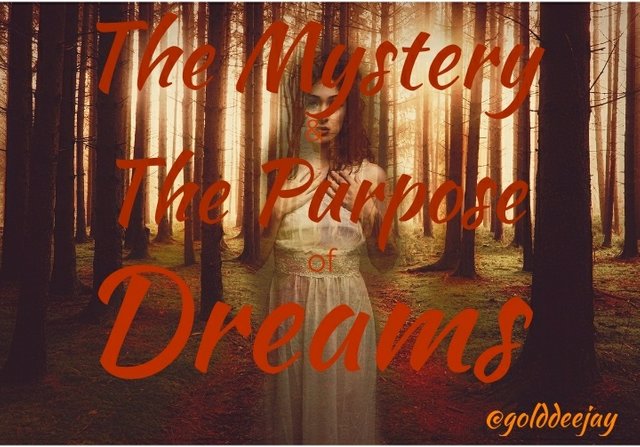
Dreams...that is what an average person spends 6 years of his life doing. Whether you believe in spiritual relevancy of dreams or they are just some neurological phenomena, dreams have continued to be a dateless mystery for Psychologists and everyday people, from the ancient times.
The definition of dream used in quantitative research is defined through four base components:
- a form of thinking that occurs under minimal brain direction, external stimuli are blocked, and the part of the brain that recognizes self shuts down
- a form of experience that we believed we experience through our senses;
- something memorable;
- Have some interpretation of experience by self.
In summary, a dream, as defined by Bill Domhoff and Adam Schneider, is a report of a memory of a cognitive experience that happens under the kinds of conditions that are most frequently produced in a state called 'sleep'.
A lot of people seem to believe in dreams, and often seek meaning and purpose of their dreams. These people will spontaneously cancel their trips if they had a dream about accident the night before or few nights before their trips.
In ancient history till now, religions' followers considered dreams as divine messages or prophetic from their gods, the dreams need to interpreted and understood to follow the instructions of the gods. Which explained why the priests served as interpreters in ancient history and cultures.

Oneiromancy
When it comes to the mystery of dreams, from time immemorial a lot people have been trying to figure why we dream and where those images come from.
But a whole lot more people are more interested in the meaning of their dreams. Dream interpreters which are always priests are revered in ancient cultures.Oneiromancy is the system of interpretation of dreams to predict happenings in the future. There are ancient systems or literature for interpreting dreams which include the ancient ramesside dream book from the pre-Hellenistic Egypt, the epic of Gilgamesh from mesopotamia,
Akkadian's dream book, oneirocritica from Greek's Artemidorus plus medieval and modern oneirocritica literatures.
Oneirology
Oneirology is not interested in the meaning behind dreams if there was any, but the process of dreaming. It is much interested in the science behind dreams and functioning of the brain during the process. It is the study of dreams encompassing applying psychology, neuroscience and even literature to find explanations into the mystery of dreaming. The use and effects of drugs and neurotransmitters are also given good consideration in the study of oneirology.

Process of Dreaming
Scientists have been working over the years to unravel the mystery behind dreams. Dreams have been said to be made up of series of images, thoughts, visions and emotions. According to research, dream occurs in five different stages with the fifth stage, which is the rapid eye movements (REM) sleep, as the most significant. It is characterized by random movement of the eyes, hence the name. Most (not all) dreaming occurs at this stage and this is when the body and the mind truly and effectively rest. REM accounts for 20% to 25% of our sleep time.
A dream can be as short as few seconds to 30 minutes and can occur 4 times during a deep night sleep. In addition to formation of dreams, REM is also responsible for information processing, memory creation and replacement of used chemicals like serotonin.Theories of Dreams
Freud's Theory of Dream
Sigmund Freud : An Austrian neurologist and the creator of psychoanalysis was the foremost analyst of dreams. He wrote In his book, interpretation of dreams in 1899, dreams are
disguised fulfillments of repressed wishes.
The book contains Sigmund Freud's finest work in psychology. He was the first to suggest dreams may serve a particular scientific purpose. He believed dreams are ways the dreamer's unconscious mind could act on socially unacceptable thoughts and desires.
His study was linked with sexual longings and symbolism. Conscious wants, wishes or desires that lack opportunity of fulfilment or not socially acceptable have ways of registering into the unconscious mind, which in turn are manifested or fulfilled during dreams. As he expressed it...Experience teaches us that the road leading from the forecon-scious to the conscious is closed to the dream thoughts during the day by the resistance of the censor.
Carl Jung's theory of dream
Sigmund Freud had a great influence on the work of Carl Jung.
But their studies differ in the purpose dreams serve and their nature. He partially agree with the psychological formation of dreams but felt dreams serve a purpose of reflection of our waking lives and think through and solving of issues that may likely occur in the future. He believed dreams are ways in which the unconscious passes messages to the conscious mind. He claimed...
archetypes in dreams represents the same things for all people and that these archetypes belongs to a “collective unconscious”
Revonsuo's Theory of Dreams
Antti Revonsuo, a finish, put forward a more convincing theory. He discovered that amygdala fires up the way it would when you are confronted with danger during REM sleep.
Note that, amygdala is the part of the brain that spring you to actions for survival during danger.
In other words, a negative dream or nightmare is a way in which the unconscious mind perform rehearsal to keep your threat recognition and avoidance skills sharp. Dreams are essentially designed keep our conscious beings alert and safe.
Activation-synthesis Theory
Another set of researchers, Allan Hobson and Robert McCarley came up with new direction but prominent new theory in 1973. Through their research, they discovered the some happenings in the brain during REM sleep. Images from experiences in the waking life are stored in the memory, electrical impulses randomly pulled these imagery from the memory. The waking mind tries to make sense of the imagery, forms stories around those images without realising it. The theory is well accepted theory of dream and it is known as activation-synthesis hypothesis.

Why Do We Dream?
Different modern day researchers have put forward explanations and different theories that answer the question and give us purpose for dreaming.
Even with different researches, there seem to be no definite consesus about the function of dreams.
Sleep is crucial to a physical and mental health, a good rest is needed to replace or repair our depleted physical and psychical energy.
As against popular beliefs, dreams are not disturbers of sleep but protector of sleep.

Theories of why we dream
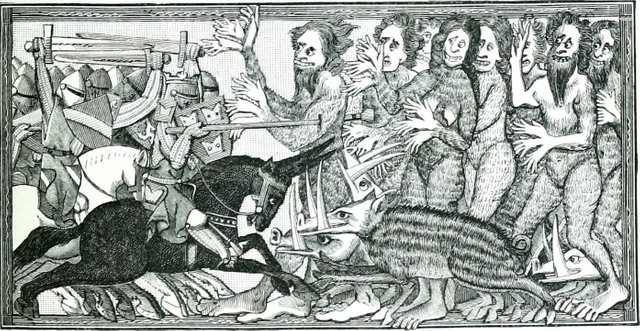
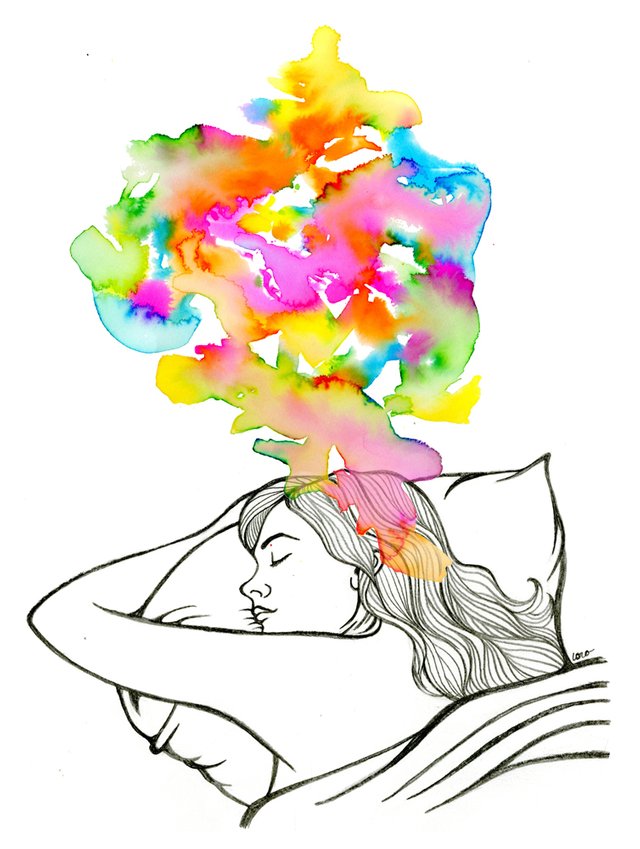
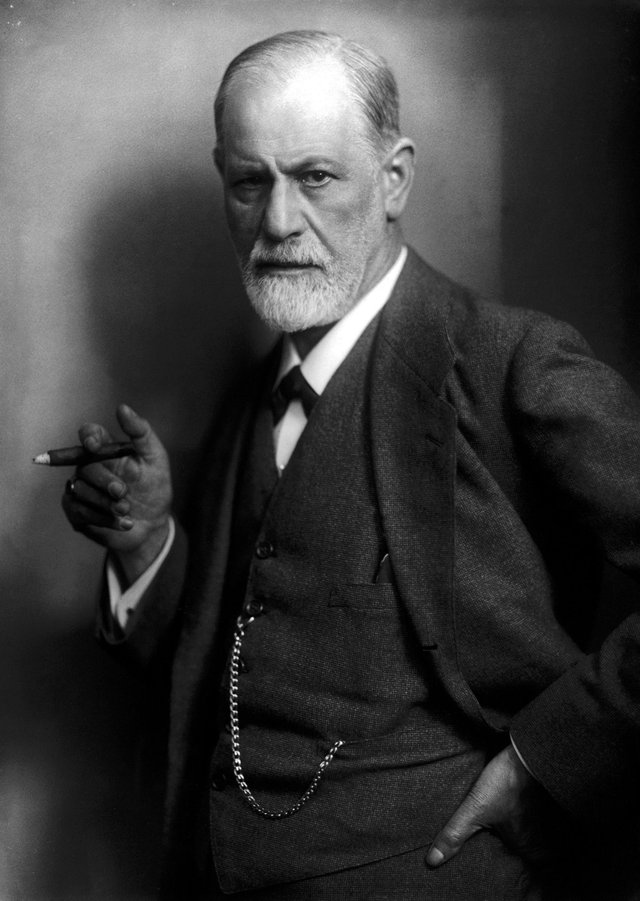
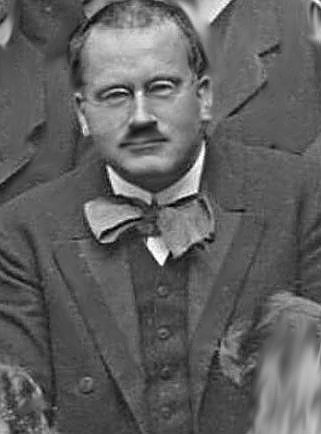
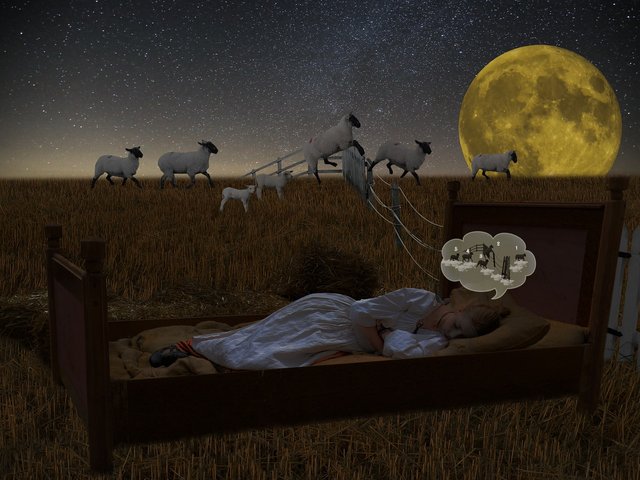
DISCLAIMER: dropahead Curation Team does not necessarily share opinions expressed in this article, but find author's effort and/or contribution deserves better reward and visibility.
to maximize your curation rewards!
with SteemConnect
12.5SP, 25SP, 50SP, 100SP, 250SP, 500SP, 1000SP
Do the above and we'll have more STEEM POWER to give YOU bigger rewards next time!
News from dropahead: How to give back to the dropahead Project in 15 seconds or less
Quality review by the dropahead Curation Team
According to our quality standards(1), your publication has reached an score of 85%.
Well said Gabriel García Marquez: "You learn to write by writing" Keep trying, you will soon achieve excellence!
(1) dropahead Witness' quality standards:
- Graphic relation to the text (Choice of images according to the text)
- Order and coherence
- Style and uniqueness (Personal touch, logic, complexity, what makes it interesting and easy to understand for the reader)
- Images source and their usage license
Sigmund Freud theories on dreams considered that the major function of dream was only to fulfill wishes. I have always been fascinated by psychology. and after seeing the movie, Split, I have decided to begin writing majorly on psychology, it is an important aspect of human existence that needs a lot of publicity and awareness in order to curb ugly actions such as depression and, ultimately, suicide.
Thanks for this piece.
Good post. Have an upvote.
I once kept a dream journal in an attempt to improve my success at lucid dreaming. I found that the dreams I recorded only seemed to be highly distorted rehashes of events that had happened that day, or even that week.
There did not seem to be any meaning to them at all other than what I mentioned above. Of course, more stressful daily events tended to pop up in the dreams (with the usual weird dream distortion) but this is only natural.
My point is: I don't see a lot of meaning behind dreams, just your scenario creation brain module grabbing recent events and spinning out any weird story it can.
I just find it difficult to remember my dreams. Maybe, my REM lasts too short a time to record anything meaningful. Nice post, buddy. Learnt from it
You probably wake up early before/shortly into REM. That period is definitely when those 'sweet dreams' occur.
Hi @golddeejay.
All of the sentences which was quoted above are copy-pasted from here. If you need to use an exact sentence from a source, you need to make it a quoted text and cite the reference. You didn't make it a quoted text, and you didn't cite the reference to the original site, so technically, you are copy-pasting and it is prohibited in the steemstem community.
If you have any problem regarding STEM-related articles, you can join steemSTEM Discord Channel and we will be glad to assist you.
Okay @chloroform, That part from Bill Domhoff was partially quoted. Fixed now.
Congratulations! This post has been upvoted from the communal account, @minnowsupport, by golddeejay from the Minnow Support Project. It's a witness project run by aggroed, ausbitbank, teamsteem, theprophet0, someguy123, neoxian, followbtcnews, and netuoso. The goal is to help Steemit grow by supporting Minnows. Please find us at the Peace, Abundance, and Liberty Network (PALnet) Discord Channel. It's a completely public and open space to all members of the Steemit community who voluntarily choose to be there.
If you would like to delegate to the Minnow Support Project you can do so by clicking on the following links: 50SP, 100SP, 250SP, 500SP, 1000SP, 5000SP.
Be sure to leave at least 50SP undelegated on your account.
I've always taken dreams as having a personal cinema in my head at night.
I often record dreams just to remember the crazy moments.